
Loud music and noise are seen as essential parts of the events industry experience. Bryan Henesey joined members of IOSH’s Sports Grounds and Events Group in finding out how one of the UK’s most iconic nightclubs, Ministry of Sound, balances entertainment and ensuring the safety and health of workers and revellers.
Entertainment and safety – two words that on the face of it appear alien together.
You could say they seem almost as out of place as a ‘Caution: excessive sound levels’ warning sign would in a nightclub.
 But at Ministry of Sound they proudly display such a sign – a striking 5ft tall black-on-yellow version – as a statement to their customers, who come expecting an all-night House music experience to remember.
But at Ministry of Sound they proudly display such a sign – a striking 5ft tall black-on-yellow version – as a statement to their customers, who come expecting an all-night House music experience to remember.
Around 150,000 people went to the nightclub in Gaunt Street, London, in 2014 to immerse themselves in its thumping atmosphere.
Sound levels in the Box – Ministry of Sound’s main dance floor – can reach 110 decibels. For DJs and workers at the club, it is the equivalent of spending their shift with a chainsaw running near their ears.
But don’t be fooled. Club bosses take safety and health as seriously as their music.
Andy Mackenzie, general manager at Ministry of Sound, said: “In this industry I don’t think there is any point or place that you work where you will not be exposed to the risk from excessive noise levels. There is the live music, the special effects and pyrotechnics and even the noise from the crowd, which can actually be louder than the music being played.
“The key thing for me is for my guys to understand what the risks are and how we can protect them.”
Under the Control of Noise at Work Regulations 2005, Ministry of Sound, like all employers, is legally required to provide hearing protection and quiet zones for workers in areas where noise levels exceed 85 decibels.
Only the club’s door staff are exposed to levels lower than 85 decibels on the average club night, with Andy at pains to ensure every worker, whatever their role, is aware of the dangers that the environment can pose to their health, in particular their hearing.
“We can’t remove the risk as sound is the industry we are in,” he said.
“The main thing with the noise is to try and reduce the risk. As an operator you need to look at everything and often the simple things get you the most gains.
“How we focus the music is important. Ideally, you’d want to position working areas away from music sources and dance floors but my main bar is also a DJ room, so it is impossible for us to do that.
 “We get around this in a number of ways. We position the speakers pointing away from the bar – and therefore the staff – and manage the exposure in terms of limiting the amount of time that workers spend in noisy areas.”
“We get around this in a number of ways. We position the speakers pointing away from the bar – and therefore the staff – and manage the exposure in terms of limiting the amount of time that workers spend in noisy areas.”
Ministry of Sound also has quiet zones and areas with noise levels below 80 decibels, such as their courtyard space, office space and chill-out rooms. The chill-out rooms are not just for staff as customers can also use them. Additionally, they have acoustic screening to help reduce reverberation and have installed vibration mounts.
“Maintenance of the sound system can also be critical. We take real pride in our system and it undergoes regular spot checks,” said Andy.
“If a sound system is not maintained or cleaned, it can start producing really horrible noises. These noises have potential to cause even more hearing damage than if the system is working properly.”
Ministry also makes earplugs available for both staff and customers to use. Andy himself has invested in a set of moulded earplugs – a lesson learned from 18 years’ experience working in the nightclub industry.
Having started out as a glass collector at The Arches nightclub in Glasgow, Andy has gone on to work for leading industry names Academy Music Group and Live Nation, and has also been involved at major outdoor festivals, including Creamfields and Download.
He said: “I’ve always been around noise. I’ve faced it from all aspects, be it in an office where there is a PA on the wall on the other side, right way through to standing in the front-of-house position or being in a pit and involved in security. I’m very aware of the dangers that come with it.
“Tinnitus is the big one for us. DJs will push it and they can suffer greatly from my experience.”
 As a venue manager, Andy stresses that his key points are to ensure staff understand the effects of noise and receive proper instruction and training.
As a venue manager, Andy stresses that his key points are to ensure staff understand the effects of noise and receive proper instruction and training.
“You should also really be providing health surveillance and retain records to build up an audio history of individual staff members. I’ve had it done for the past five years and it has made me more aware of my own issues.
“I’ve started to wear hearing protection more and understand I need to look after myself. I’ve been doing this for 18 years and I’m probably going to be doing it for another 18 years.
“My hearing is the most important thing that I have in terms of communicating with people, of listening to music, understanding the culture and crowds. If I lose that, then I’m in a lot of trouble.”
On this occasion the sound levels in the Box didn’t require people to use PPE or any other form of protection. Instead, around 70 members of IOSH and its Sports Grounds and Events Group congregated to discuss ways to respond to some of the events industry’s most dynamic issues.
The debate also covered the potential health risks of sun exposure for outdoor event workers, the issue of drugs and legal highs and policing charges at events.
The issue of sound, however, was never far from people’s thoughts.
Phil Faversham, Ministry of Sound’s club development director, highlighted the venue’s plans to open a new underground nightclub in 2018, around 100 yards from the present site it has occupied since 1991.
“We are working to build a soundproof, underground, purposebuilt venue designed to mitigate noise breakout and diminish the environmental impact on residents,” he said.
 Mark Murphy, associate director at sound engineers Vanguardia Consulting, also offered his insight on how sound quality and levels can impact on the audience’s experience of an event.
Mark Murphy, associate director at sound engineers Vanguardia Consulting, also offered his insight on how sound quality and levels can impact on the audience’s experience of an event.
He said: “In the study of acoustics sound is generally what you are listening to, and noise is generally what you are subjected to that you don’t want to hear.
“The issue of quality is a very key point. The reason why Ministry of Sound is so successful is not just because it is loud, it is also clear so that people can understand what they are hearing and enjoy it.
“As humans we respond to the level of sound. We want to experience those levels because it provides the entertainment, but hearing loss could happen at higher levels.
“How do you protect people when it is what they want?”
According to Carl Hagemann, chair of IOSH’s Sports Grounds and Events Group, positive safety and health measures can be used to manage risk without dampening down the occasion.
“Loud music is part of the concert or festival experience, but it can potentially be bad for the audience’s hearing or have an impact on the local community,” he said.
“It’s about using safety and health positively so that a great experience can be achieved while also safeguarding employees. Monitoring and planning employees’ exposure times and controlling the level and direction of sound can help achieve this goal.”
Bryan Henesey is IOSH media officer
What makes us susceptible to burnout?
In this episode of the Safety & Health Podcast, ‘Burnout, stress and being human’, Heather Beach is joined by Stacy Thomson to discuss burnout, perfectionism and how to deal with burnout as an individual, as management and as an organisation.
We provide an insight on how to tackle burnout and why mental health is such a taboo subject, particularly in the workplace.

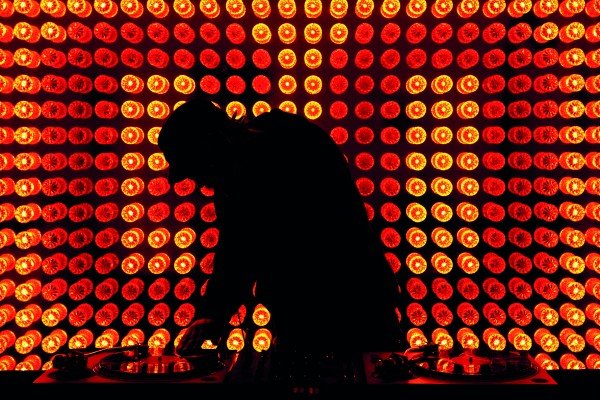
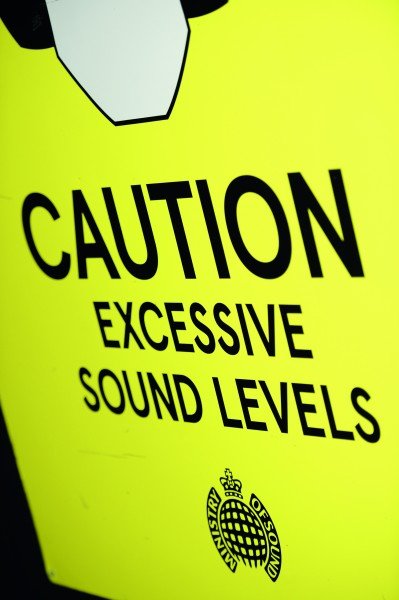
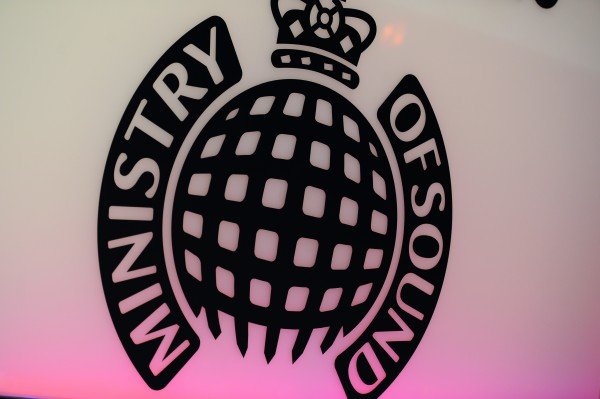
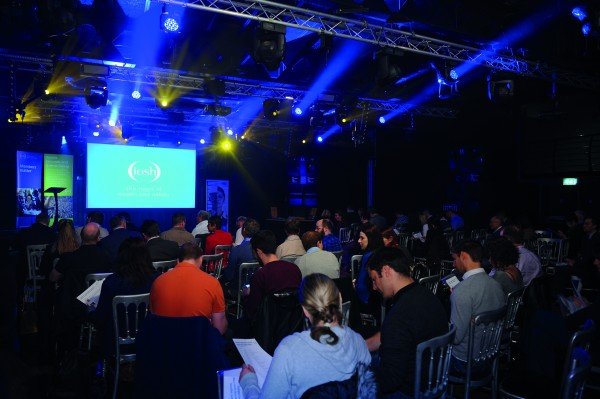
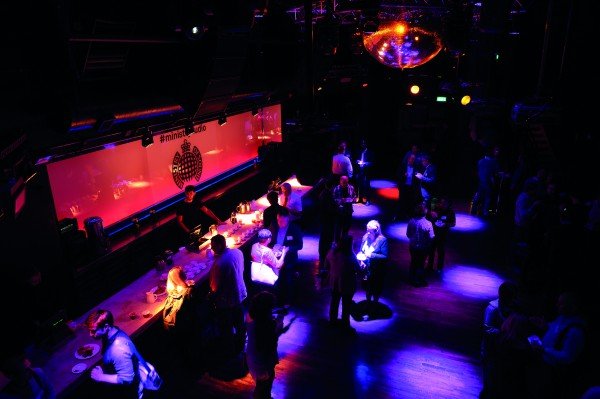

Having worked in the entertainments industry 30 years ago I well understand the long term issues, and upset more than a few bands doing pub gig’s by wearing ear defenders as all too often they compensated for quality short falls by increased quantity (volume). In the bigger venues where we installed and maintained quality gear, from Bose to Turbosound, a good setup enabled less volume and a clearer cleaner sound, sadly live performers often couldn’t hear properly and almost always insisted on greater volume to compensate. The installation of auto-cut boxes has saved many from hearing loss, the biggest problem… Read more »